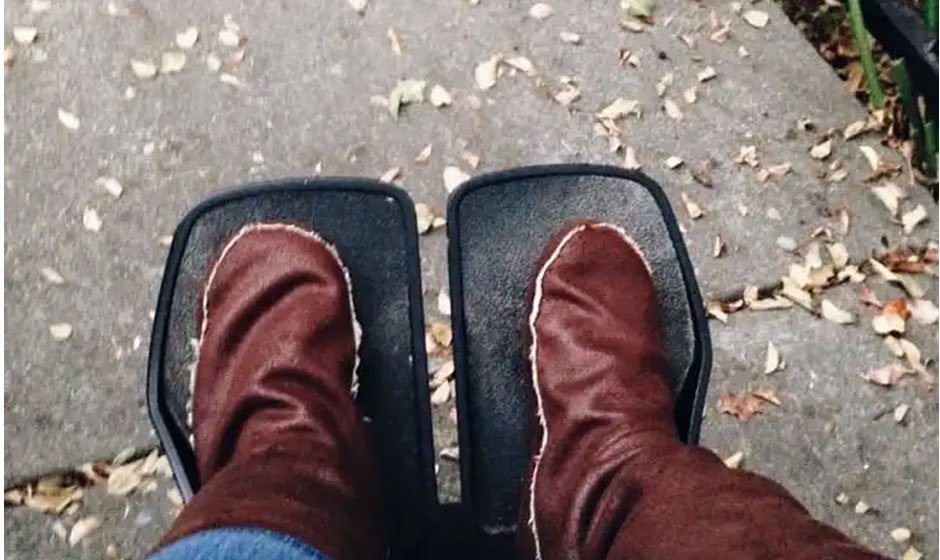Clothing can carry immense meaning and significance, particularly when passed down through generations. For Stacey Milbern, her favorite boots hold a special place in her heart as they were previously worn by two crip elders who became crip ancestors when they passed away. Harriet McBryde Johnson, a writer and disability rights attorney, and Laura Hershey, a disabled poet and feminist thinker, were both personal heroes of Stacey’s. These boots were sewn by Harriet’s sister and gifted to Laura before ultimately making their way to Stacey. While wearing the boots, Stacey feels a powerful connection to her ancestors and the legacy of our movements. However, the lack of anti-grip soles on the boots caused Stacey to slip and fall in the bathroom at work, leading to feelings of disappointment and frustration towards her ancestors. This experience sparked Stacey’s reflection on crip ancestorship and its importance in the disability community.
Crip Ancestorship and Eldership
Crip ancestorship is intertwined with crip eldership, a related but different topic. Many disabled individuals live short lives, primarily because social determinants of health such as lack of healthcare, housing, and environmental justice. Other times, the shorter lives are a result of neuromuscular conditions or other bodymind limitations. As a crip queer Korean woman, Stacey believes that our earthly bodyminds only represent a fraction of who we are and that we should consider our ancestors to understand our full selves. While many believe ancestorship is reserved for those of biological relation, Stacey believes that it refers to those we choose to be connected to and honor day after day, including people we admire, respect, and share similar experiences with.
Learning from Our Ancestors
Our ancestors are with us always, and they learn and grow alongside us. The disability community has made great strides over the years, but much work is left to be done. Stacey speculates that Grace Lee Boggs, a civil rights activist, would be happy to see the conversations happening today about disability in the context of what it means to be human. In addition, Stacey believes that Third Wave Feminism thought leaders would be watching us give ourselves permission to be who we are in our bodyminds, as the movement has greatly influenced trans liberation and the conversation around the fat-disability intersection.
Our ancestors remind us to be fierce and unapologetic in all things. They trailblazed their own paths, just as we do now. They continue to transform the way we think about the world and how to exist in it. Soon, our recently departed crip ancestor Carrie Ann Lucas will settle into her ancestorship, and she will continue to inspire us to live boldly and passionately.
The Importance of Showing Up and Loving Hard
Our contemporary politics are practical and reflect our desire to make the world a better place for future generations. We all want our loved ones to live life to the fullest, have their needs met, and experience joy and freedom. Our ancestors teach us the importance of showing up and loving hard, of remembering ritual and giving 200%. They believe in us and remind us to believe in ourselves and each other, even when others are foolish not to.
In conclusion, crip ancestorship is an essential aspect of our experience as disabled individuals. Our ancestors hold a deep significance for us, and we can honor their legacy by continuing to work towards a more just and accessible world.

